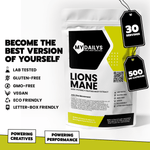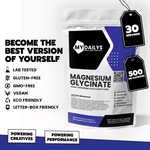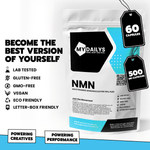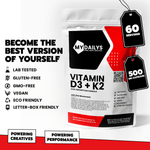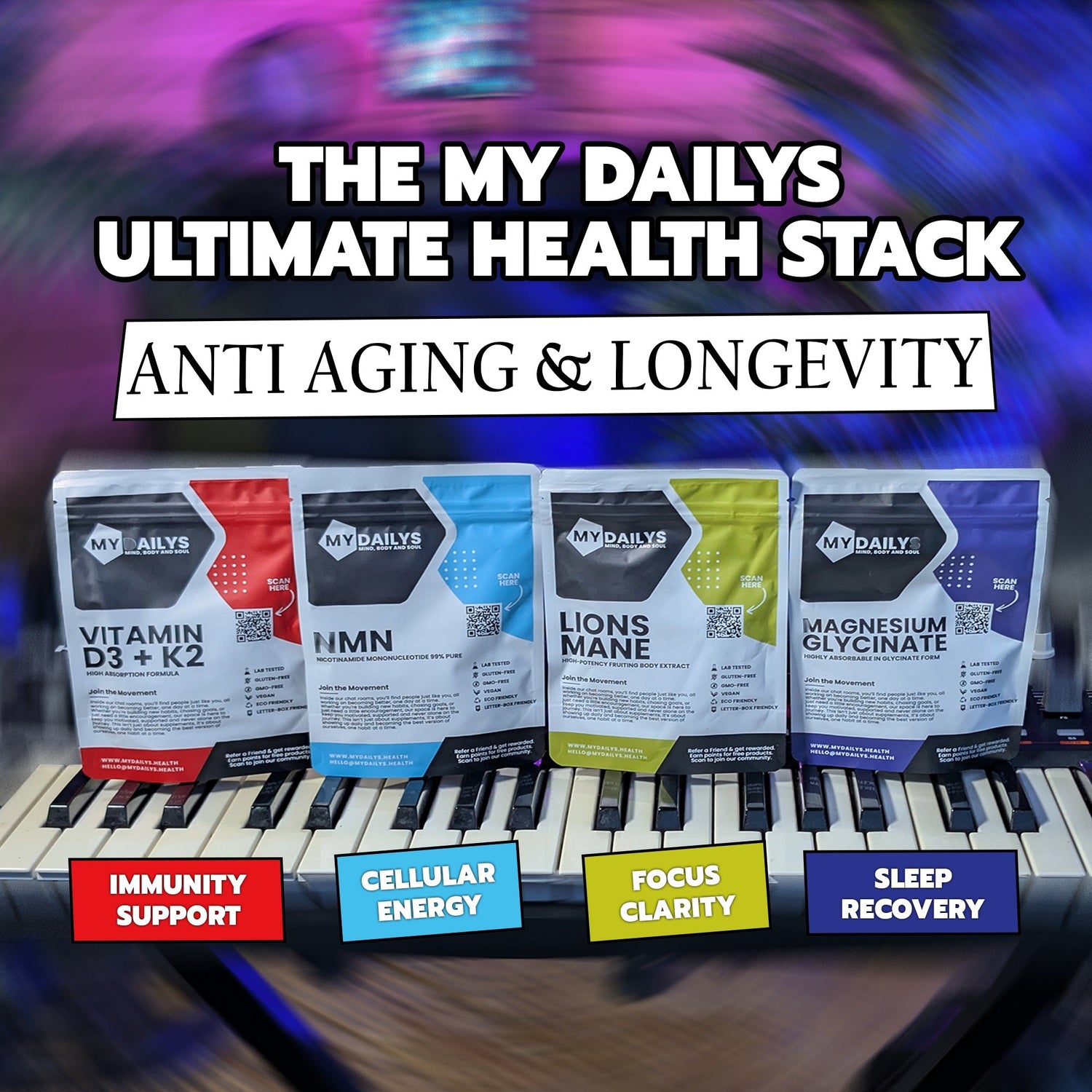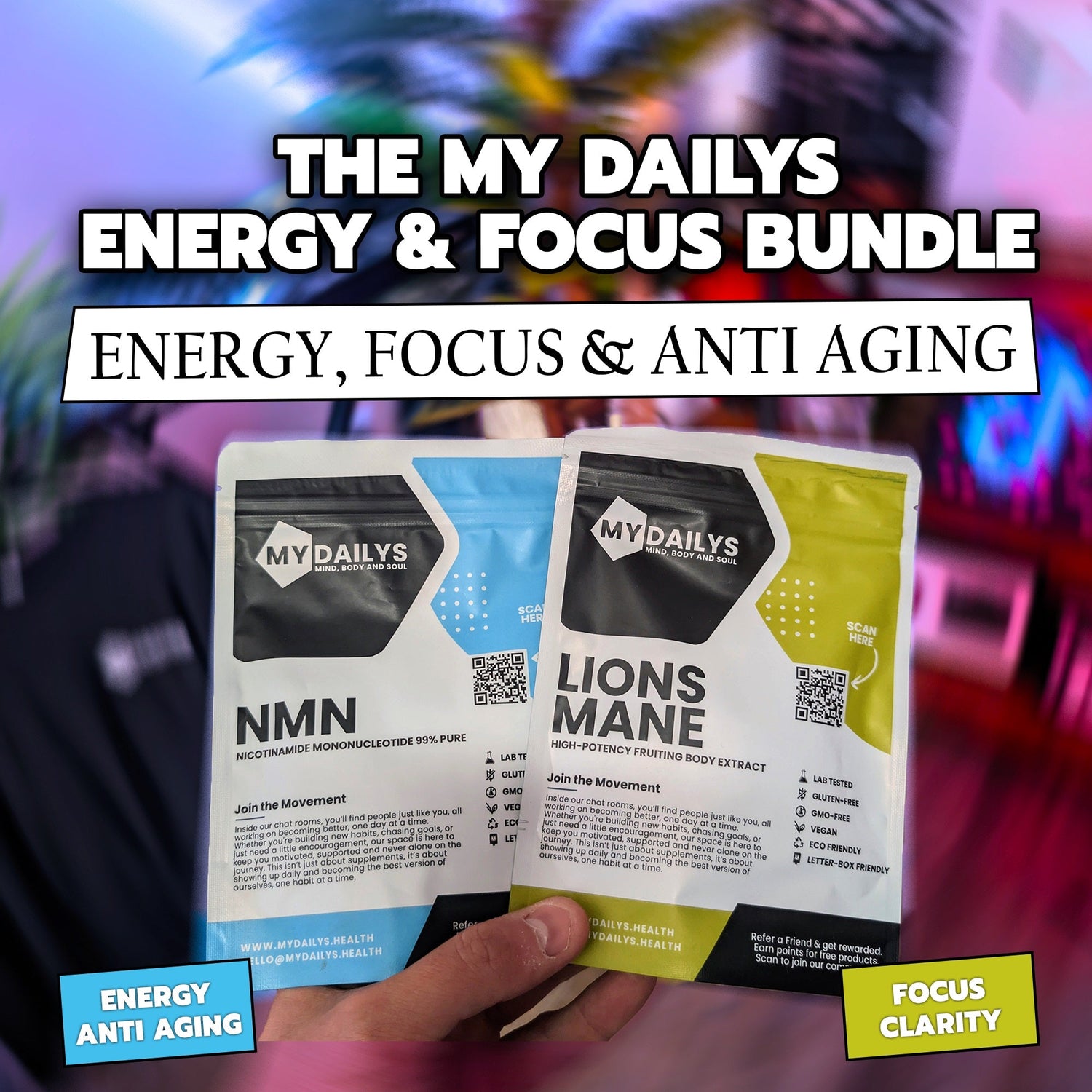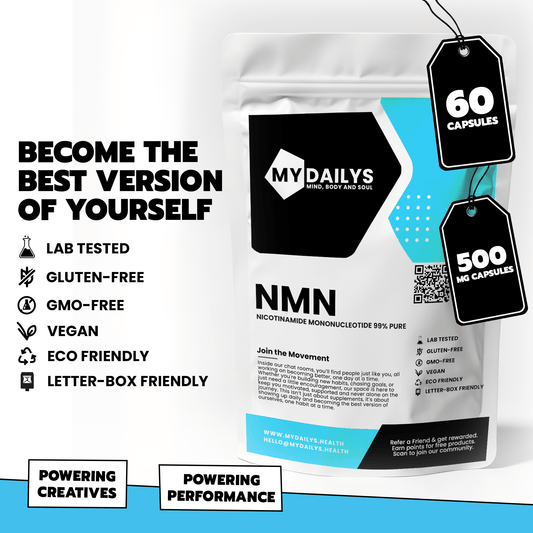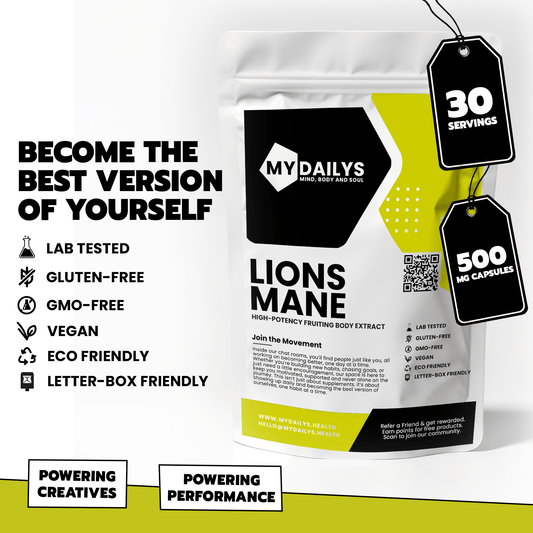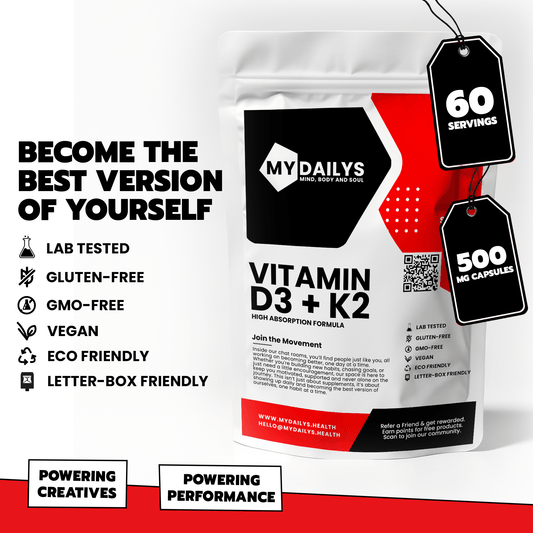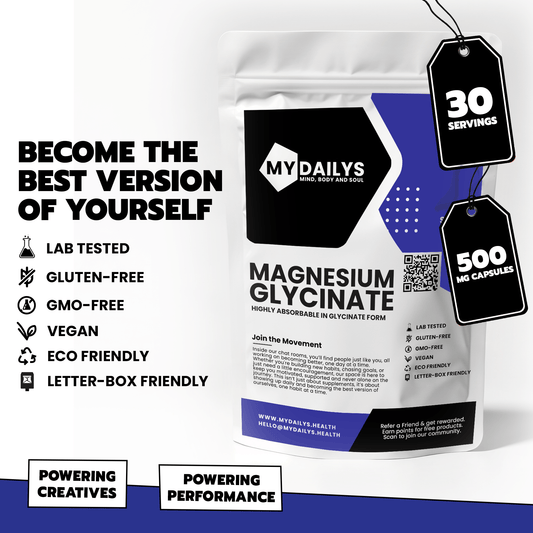Vitamin D and Your Health: Breaking Old Rules, Raising New Hopes
Vitamin D has often been nicknamed the “sunshine vitamin” and for good reason. It plays a vital role in bone strength, immunity, muscle health, and even mood regulation. Yet, despite its importance, Vitamin D deficiency is surprisingly common, especially here in the UK. With limited sunlight for much of the year, many of us are simply not getting enough UVB exposure to make sufficient Vitamin D naturally. The result? Fatigue, low mood, weakened immunity, and more widespread health issues than most people realise.
In this article, we’ll break down why Vitamin D matters, the surprising new insights about its role in health, and why supplementation, particularly with a clean D3 + K2 formula, could be the daily boost your body needs.
Why Vitamin D Matters More Than You Think
For decades, Vitamin D was mainly associated with bone health, preventing rickets in children and osteoporosis in adults. But the story doesn’t stop there. Research now shows Vitamin D has a much broader role to play in our overall well-being:
- Immune health: Vitamin D helps regulate the immune system, supporting your body’s defence against infections.
- Mood and mental health: Low levels have been linked to low mood and seasonal affective disorder (SAD).
- Muscle function: Vitamin D contributes to muscle strength and recovery.
- Inflammation: It may help modulate inflammation, reducing the risk of chronic conditions.
- Heart health: Adequate levels support cardiovascular function and blood pressure regulation.
In other words: Vitamin D isn’t just about bones, it’s about keeping your whole body firing on all cylinders.
Why the UK Has a Vitamin D Problem
Here in the UK, Vitamin D deficiency is far more common than most people think. Between October and March, UVB rays are too weak for our skin to produce Vitamin D naturally. Even in summer, cloudy days, indoor lifestyles, sunscreen, and clothing can block production. That’s why Public Health England recommends that adults and children over 1 year old consider a daily supplement during autumn and winter.
To put it simply: unless you’re lucky enough to winter abroad in sunnier climates, supplementation isn’t just helpful, it’s almost essential for keeping your levels where they should be.
Food Sources vs. Supplements
Vitamin D can be found in fatty fish like salmon, sardines, and mackerel, as well as in egg yolks and fortified foods. But here’s the challenge: diet alone rarely provides enough to maintain optimal levels. For example, you’d need to eat multiple servings of oily fish every single day to keep your Vitamin D topped up. For most of us, that’s just not realistic.
This is where supplements come in. They offer a safe, reliable way to bridge the gap and ensure you’re getting enough to support your health all year round.
D3 + K2: A Smarter Combination
Not all Vitamin D supplements are created equal. The form known as Vitamin D3 (cholecalciferol) is the most effective at raising blood levels. But when combined with Vitamin K2, it becomes even more powerful. That’s because Vitamin K2 helps direct calcium to where it’s needed, your bones and teeth, while keeping it out of arteries and soft tissues where it can cause problems.
In short, D3 + K2 work in harmony, giving you stronger bones and healthier circulation at the same time. It’s a perfect pairing for long-term wellness.
How Much Vitamin D Do You Need?
Most adults are advised to take around 10 micrograms (400 IU) of Vitamin D daily, though some studies suggest higher doses may be beneficial, particularly for people with deficiency. The exact amount you need depends on your age, lifestyle, and health status. The key is consistency, a small daily dose is usually more effective than occasional large ones.
The Takeaway
Vitamin D is one of those nutrients that sounds simple ... “just get a bit of sunshine”. But in reality, it’s not that easy. Here in the UK, we simply don’t see enough strong sunlight for much of the year to keep our levels topped up. Between October and March, UVB rays are too weak to trigger Vitamin D production in the skin. Add in our increasingly indoor lifestyles, cloud cover, and the fact that many of us wear sunscreen or cover up when we’re outside, and it’s no surprise that low Vitamin D is so common.
That’s why health experts frequently recommend supplementation for people living in northern climates like ours. By bridging the gap, you’re not only protecting your bones but also giving your muscles, immune system, and mood the support they need to function at their best. Vitamin D isn’t a “nice to have”. It’s a daily essential for long-term health and vitality.
Take Action with My Dailys
If you’re ready to take control of your Vitamin D levels, our Vitamin D3 + K2 supplement offers a clean, highly absorbable form. Free from bulking agents, unnecessary fillers, or artificial extras. Just pure, effective support you can trust, designed to help you stay at your best all year round.

